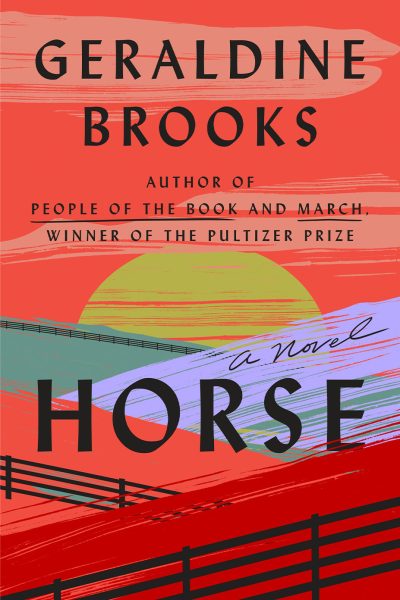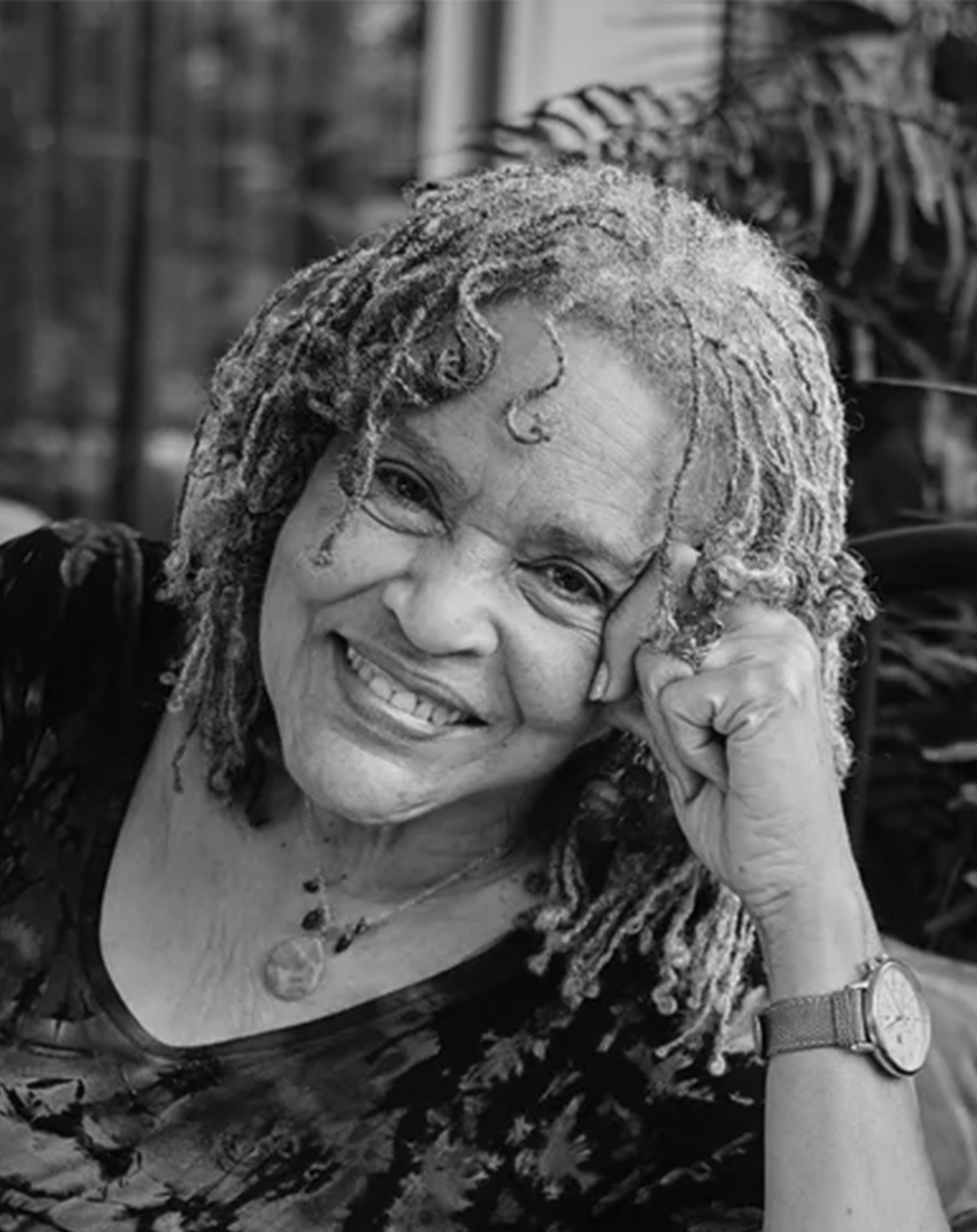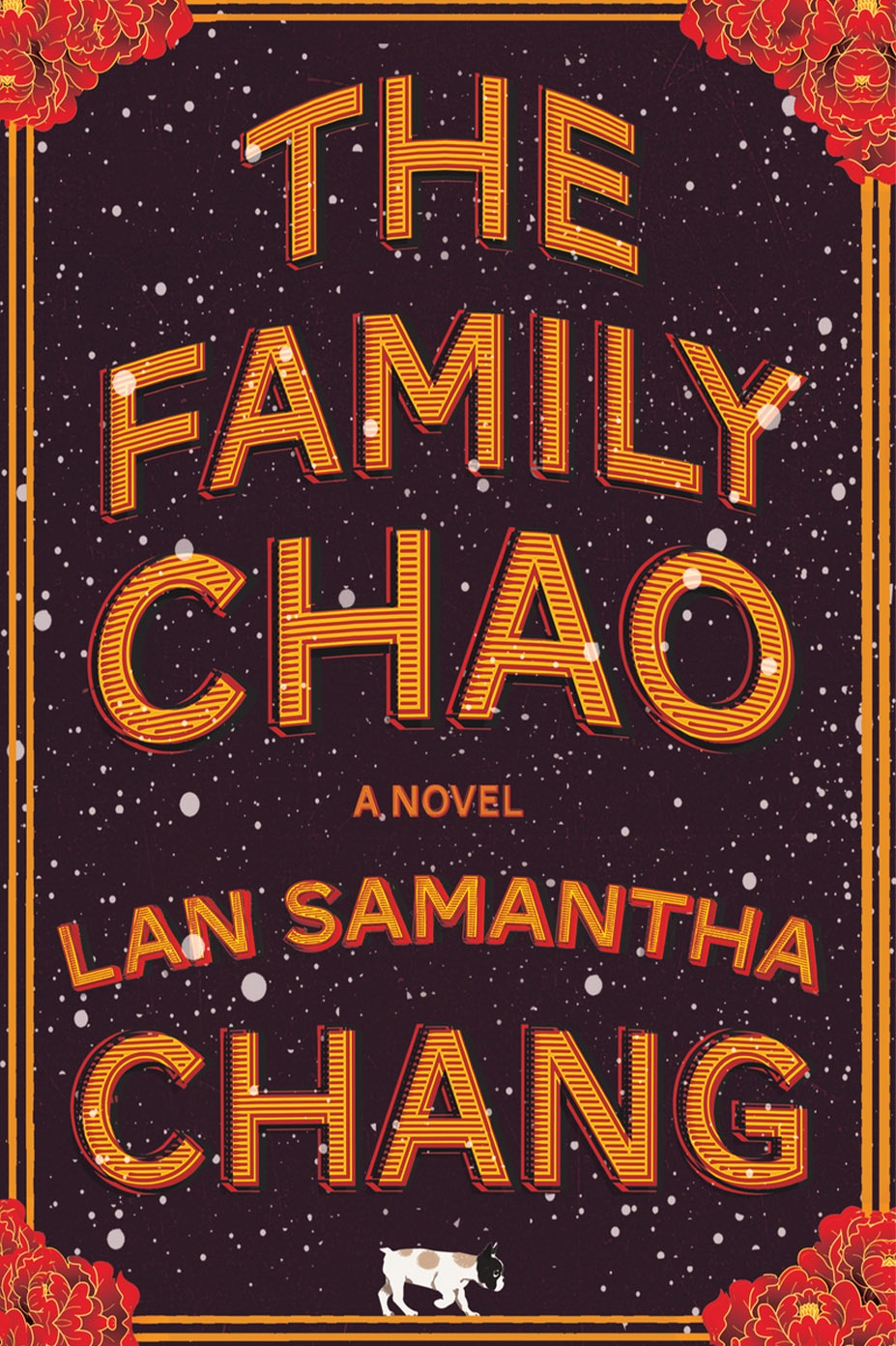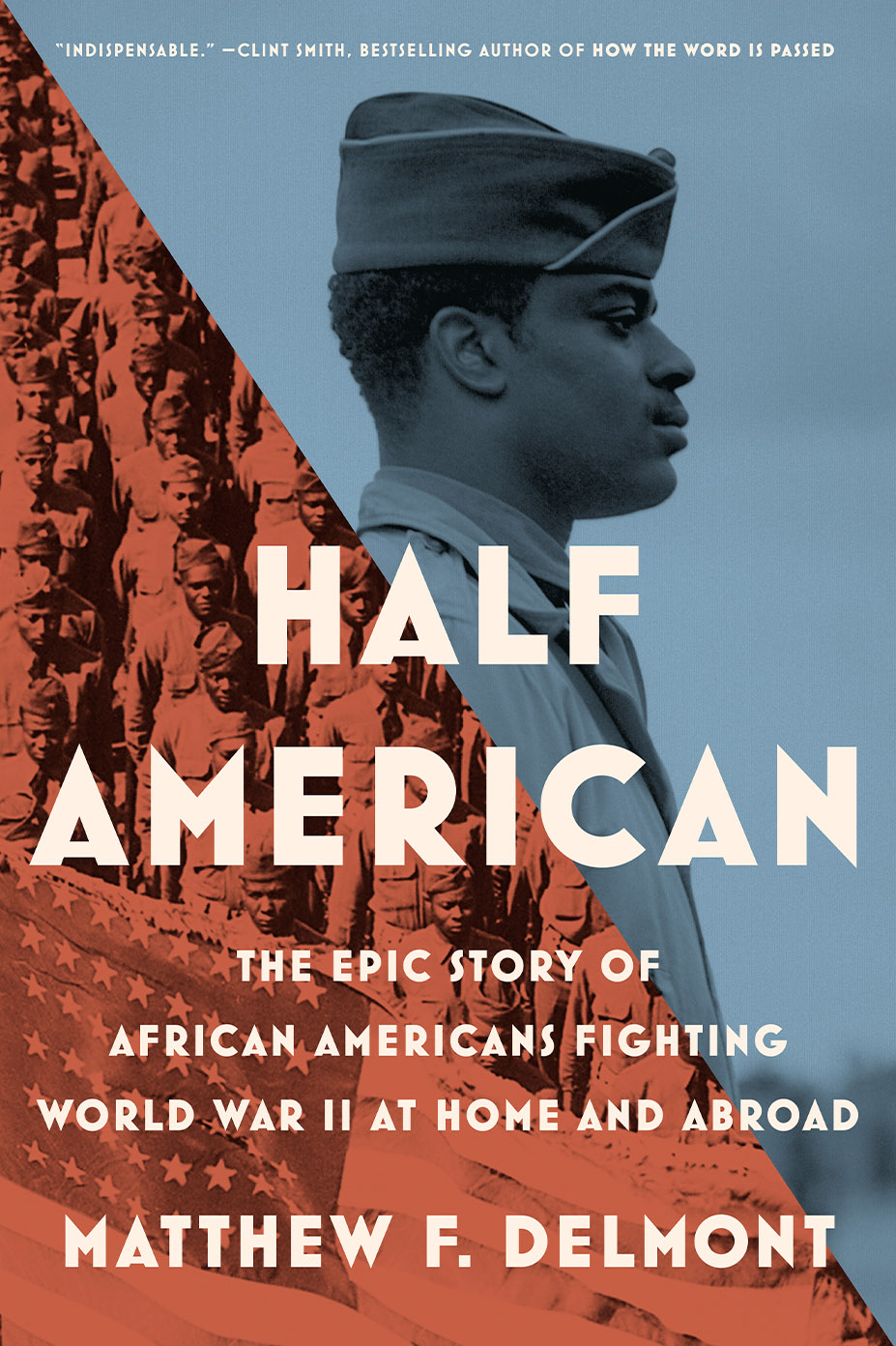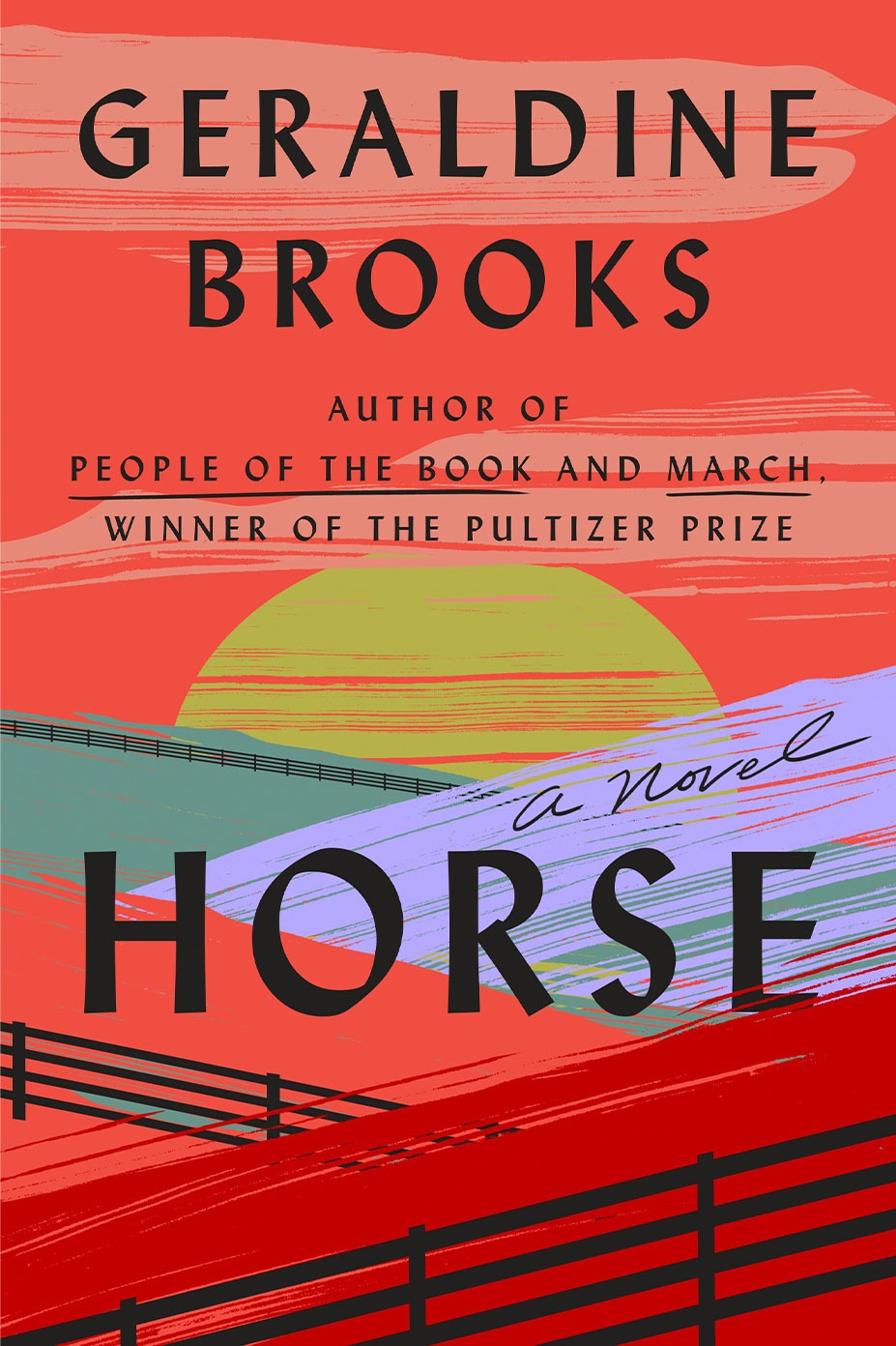Geraldine Brooks, award-winning war correspondent and Pulitzer-winning novelist, upended her life 16 years ago when she took a trail ride and found herself horse-smitten. When a horse of her own arrived at her Martha’s Vineyard home, her writing stalled. But a chance conversation over lunch provided Brooks a way to wed her equine mania with her penchant for writing best-selling historical fiction.
A director at the Smithsonian described how he had just overseen the delivery of a 19th-century skeleton to the International Museum of the Horse in Kentucky. The bones of Lexington, a legendary racehorse that transfixed the nation before the Civil War, were going back on display.
“When he got to the point of what happened to the horse in the Civil War, I knew I had found the subject of my next book,” Brooks told Miwa Messer, host of the Barnes & Noble podcast “Poured Over.”
What resulted, according to Anisfield-Wolf Book Awards Jury Chair Henry Louis Gates Jr., is “a dazzling achievement, a brilliant example of how to turn historical events into a fiction that stands on its own.”
The novel is a braided narrative across three eras. The 19th century story imagines the relationship between Lexington and his Black groom, Jarret, as the horse rises to greatness. “Horse” toggles between the 1850s, the 1950s and 2019, where a pair of young D.C. intellectuals are caught up in the horse’s story through art and science. The novel opens as Theo, an art historian, rescues a battered canvas from his neighbor’s trash. It turns out to be an oil painting of Lexington.
Brooks inhaled the lively 19th-century turf press, chroniclers of a broad national fever over horseracing. Lexington’s record-breaking speed triggered the mass-production of stopwatches so that enthusiasts could time his races, she said.
“It was a passion like the NFL if everybody played football,” Brooks told the News Hour of PBS. “In those agrarian days in this country, everybody had a horse or was a generation away from having a horse.”
As Brooks delved into primary sources, she came to understand that her story about a racehorse would also be a story about race. This thriving industry was built on the plundered labor and skills of Black horsemen, many of whom were, or had been enslaved, she writes in the novel’s afterword.
Brooks grew up in a suburb of Sydney, Australia, the daughter of an American big band singer and an Australian radio presenter. A science nerd, she collected dead critters to study their anatomy, a habit she gives her scientist character Jess in “Horse.”
When Brooks graduated from the University of Sydney with degrees in fine arts and government, she accepted a rookie newspaper job and found herself assigned to assist the racing reporters. She won the Australian News Correspondents Scholarship to Columbia University’s journalism school, where she met fellow student Tony Horwitz. They married in France in 1984.
After a decade of covering conflict for the Wall Street Journal in the Balkans, the Middle East and Africa, Brooks was thrown into jail by the agents of an annoyed Nigerian dictator. As she lay on the concrete floor, she decided it might be time to start a family, perhaps shift careers. In 1996, her son Nathaniel was born. In 2008, Brooks and Horwitz adopted their second child, Bizu.
“My work was defined by the school bus for many years,” Brooks said at the National Book Fair. Asked about her process, she quoted the sculptor Sarah Sze: “mess, mess, mess, art.”
With a soft Australian accent, Brooks is a citizen of both countries. As an adult she converted to Judaism. She has written three nonfiction books and likes to celebrate the implausibility of history, a spark in all six of her novels. They include “People of the Book” and “A Year of Wonders,” which has been translated into 25 languages. “March,” which imagines the Civil War experiences of the idealistic, absent father of “Little Women” won the 2006 Pulitzer Prize for Fiction.
Anisfield-Wolf Juror Joyce Carol Oates said “Horse” was “a truly poignant tale and very richly developed.” Juror Rita Dove called it beautifully written: “I have nothing but praise for her evocative descriptions of Black jockeys and trainers.”
Brooks is aware that some would criticize her presumption as a white writer in conjuring Black lives. “I came to the conclusion that it was better to make the honest attempt than leave the story untold,” she told PBS. “I don’t think an attempt at empathy, no matter how imperfect, should be despised.”
“I was writing at a time when the jackhammer of the Trump White House was in my head every day,” Brooks told Messer, “and George Floyd and Ahmaud Arbery. The instinct that some people have is to say ‘why do we have to keep talking about slavery – that’s over and done.’ It’s not over. And that had to bleed into the story too.”
The novel is dedicated to Horwitz, a historian who wrote perceptively of the Civil War and died suddenly in 2019. The epigraph is from Patrick Phillips’ poem “Heaven”: It will be the past and we’ll live there together.

